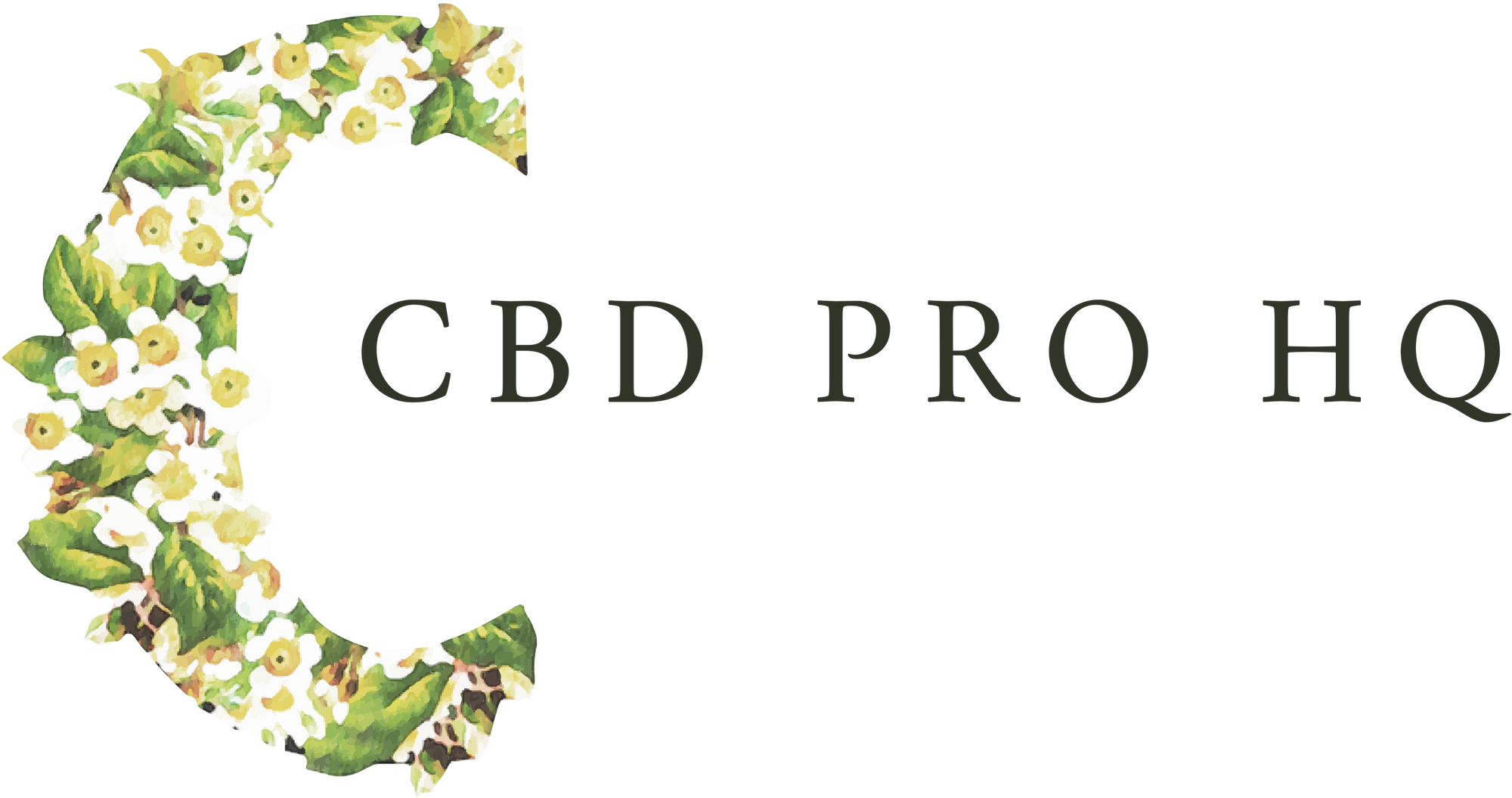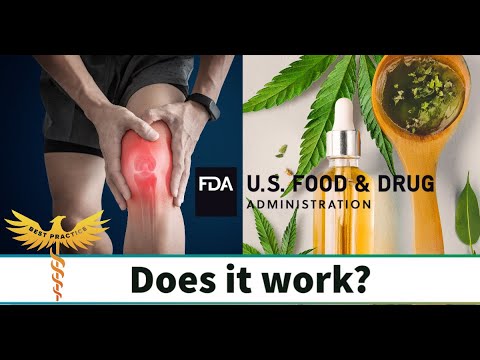
The Emergent Unchecked Cannabis Industry in Minnesota
Minnesota is getting closer to legalizing cannabis – a move that comes a year after officials legalized low-level THC edibles, including chocolates, gummies, and drinks. Since lawmakers established the market without any regulation, however, it has created an unchecked industry with virtually no accountability. The Fox 9 investigator, Nathan O’Neill, has identified gaps in the system that could pose a risk to the public.
Loopholes in the Unregulated THC Industry in Minnesota
The Minnesota state authorities currently have no data on the total number of companies selling these products. What is increasingly becoming evident is that some Minnesotans have suffered the brunt of this unaccountable industry. A mix of uncontrolled THC products, lack of rules and accountability, and a marketplace that operates like a “Wild West” offers a perfect storm for business malpractices and consumer abuse.
Worryingly, not all THC products are true to their labels, causing havoc to unsuspecting buyers off the shelves. There is an urgent need for education about these edibles before grabbing them.
The Harmful Consequences of the Unregulated THC Industry
For instance, Tony Irani, a 72-year-old diabetic man, landed in the hospital after getting a dose of THC edibles at a tobacco shop, thinking it was ordinary candy for his low blood sugar count. Taking a handful of the candies resulted in disorientation and hospitalization. However, his complaints to the state attorney brought no lasting solution since presently there are no controls or oversight over the THC market in Minnesota. Tony’s experience is just a tiny portion of the nasty consequences of an unchecked THC market.
A Deep Dive into the Unregulated THC Market in Minnesota
A key concern remains the lack of unequivocal testing on THC edibles. Even though each product is only meant to contain a negligible quantity of THC—which is the psychoactive ingredient in cannabis—the Fox 9 investigators observed inaccurate ingredients on several product labels.
To uncover the state of the market, the team visited several Twin City-area shops selling low THC-derived edibles. None of the businesses were obligated to have a license to sell these THC edibles legally. However, according to the law, each consumable should contain up to 5mg of THC.
Testing THC Edibles in Minnesota
The Fox 9 investigative team tested various types of gummies from different shops in the Twin Cities Metro Area. After anonymous packaging and labeling, each sample underwent testing at Fiona Analytics, where the lab technician measured the THC quantities in each gummy.
While the test results from a few samples fairly matched the 5mg limit, other samples had THC levels far beyond the legal limit. The most extreme sample had THC levels six times more than the allowable limit—representing 32mg of THC per gummy. This finding shows a key concern in the unregulated market, with some products misrepresenting their THC contents while others exceed legal boundaries.
State Legislation for the THC Market in Minnesota
Recognizing the seriousness of this issue, State Senator Lindsey Port sponsored legislation to legalize marijuana. The bill, if passed, would set new regulations and create an oversight agency for the existing low-dose THC market, ensuring the safety of the product. While the Minnesota Border Pharmacy has some limited oversight, better regulation and enforcement are required, especially regarding licensing and taxation.
In a recent lawsuit, the agency seized about $7 million worth of exceeding THC limit products from a local company, Northland Vapor. The incident resulted after five minors were sickened from consuming a small quantity of THC gummies, pointing out the severity of the problem.
The Future of the THC Marketplace in Minnesota
Although Senator Port hopes to legalize cannabis by the end of May through the DFL-controlled Legislature, the fate of the low THC market depends on this bill. If it doesn’t pass, it could take another 12 to 18 months for Minnesota to establish a new marijuana market and simultaneously regulate the existing THC edibles market.
Towards a Regulated THC Industry in Minnesota
Despite the challenges, efforts are underway to reduce the prevailing legal gray area in the industry. To achieve this, Minnesota needs to strengthen its testing infrastructure and adapt to the emerging demands of the growing medical marijuana program. The goal is to enhance testing options within 60 days, which is a critical milestone towards accountability and safety in the THC industry.
While the journey towards a regulated THC industry encounters numerous hurdles, events like Tony’s experience underscore the urgency for proper regulation and encourage others to push for accountability, ultimately leading to better products in the market.





